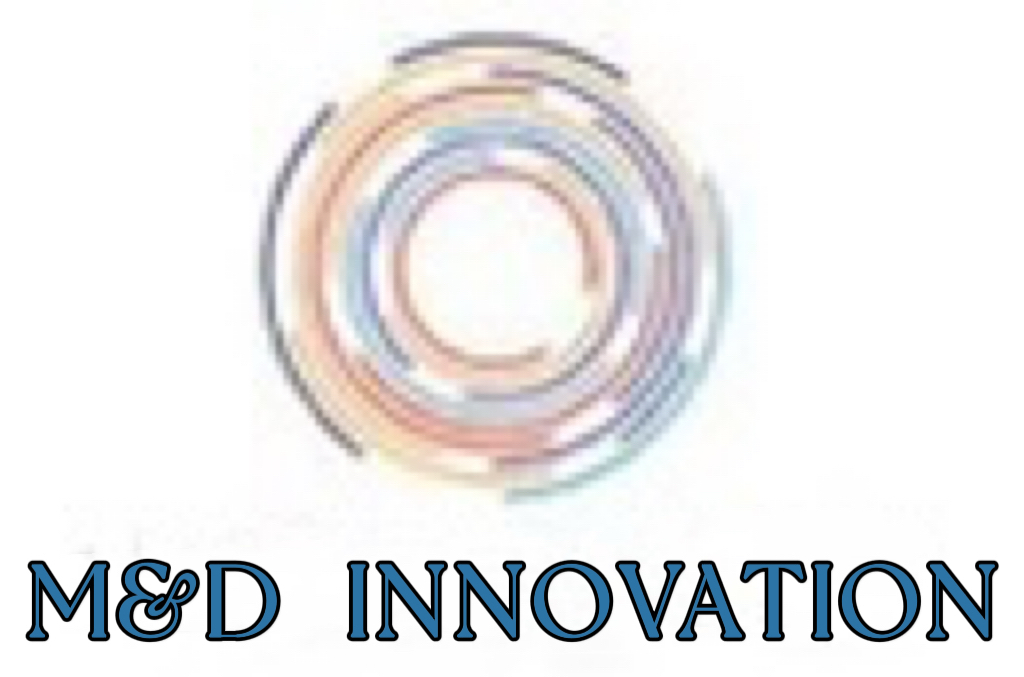E-commerce
Benefit of CRM in E-commerce
E-commerce has made a huge impact on CRM which helps in offering a great client experience and is more about establishing good relations with the clients. In addition, businesses can make use of advanced technologies and expect to easily know every minute details of the clients. Besides, CRM adds tremendous value to e-Commerce.
CRM in e-Commerce can provide the following advantages to your e-Commerce business:

Increased efficiency
One of the benefits of CRM in e-Commerce is increased efficiency. CRM makes use of various automated tools to reduce manual activities. It helps save time and enables your team to focus on other higher value activities. The tools also ensure that all the activities are carried out at the proper time without missing them.

Automated report generation
Having a robust CRM helps fetch the data easily for better understanding and deeper insights about the clients. CRM provides the facility to automatically generate reports, which helps save time.

Client segmentation
CRM can help your e-Commerce business store to segment clients through different aspects, such as their location, demographic, interests, purchase history, etc. Such client segmentation can help your e-Commerce business to deliver a personalized experience to the clients, resulting in better conversions and retention. Such personalized experiences can help close more deals and result in more revenues.

Improved client support
CRM can help your team to provide timely client service and care to resolve clients’ issues quickly. The service reps are notified instantly when the clients connect with your service desk. The service reps may try finding a solution based on the past service history and preferences and take certain measures to evaluate them.

Create loyalty programs
The greatest challenge of any e-Commerce business is to provide the utmost satisfaction to clients. CRM can offer you the most relevant data needed to develop customer retention strategies.

Optimize marketing efforts
CRM allows the creation of targeted marketing that aims at satisfying clients’ needs. It makes it easy to build a personal approach to their communications and aids the development of new products and services that clients want.

E-commerce Features
CRM provides client, product, inventory, campaign, transaction, delivery, service and settlement management for both online and offline shops and the real-time connectivity between them. Even for the enterprises that have brick and mortar shops that have never had any computerized automation done before still can use CRM to go automated and go online. Besides the functionality mentioned above, CRM also supports eCatalog, content management, product library, retail management, wholesale management and BI.
eCatalog
CRM provides the following features in its electronic catalog:
- Search & advice
- Indexing
- Content management
- Data entry & import
- Product performance analysis
- Supplier self-service
It also provides full life-cycle support including planning, implementation, performance reporting, reviews and on-going maintenance. The CRM eCatalog is well integrated with CRM Product Library and can intelligently display all product information according to search criteria and display rules. The eCatalog was carefully designed with an advanced caching mechanism to achieve high performance in a mobile internet environment.
Product Management
CRM provides the following features to help manage products:
- Product demand forecasting
- Product target margin setting based on different markets or lines of business
- Product pricing based on competitor price or cost
- Different prices for different markets or lines of business
- Product price control to ensure that products that are sold within reasonable price ranges
- Product bundling and unbundling
- Product material & inventory management
- Product promotion & selling
- Product competition management
- Product pick-pack-ship management
- Product return management
- BI & product performance management
CRM Product Management is part of CRM and well integrated with Product Library.
Inventory & Warehouse Management
CRM helps manage finished products, work-in -process materials and raw materials which need to be ordered, stored, processed and transferred to and in multiple sites and warehouses.
CRM is a multi-currency system and provides the following features:
- Demand forecasting
- Logistics cost calculation
- Return of goods to supplier
- Warranty & expiration tracking
- Stock transfer and tracking
- Inventory financial accounting
- Purchase plan and purchase order
- Receipt of goods
- Serial number tracking
- Material request, approval and delivery
- Inventory counting & update
CRM also allows users to define different partitions with different size and usages for each warehouse. Users can perform searches in real-time and generate up-to-the-minute warehouse and inventory reports.
Order Management
CRM allows you to generate eQuotations to send to the client and the client can confirm the eQuotation by signing electronically. The eQuotation will be converted to an eOrder and the fulfillment process will be started. CRM provides online eOrder management and offline pick-pack-and-ship management. Any change on the online eOrder will automatically change the offline operations guided by CRM. CRM can also automatically generate invoices according to the payment terms specified in the eOrder and track payments.
CRM also supports client satisfaction management and return management.
Increase sales and build long-term client relationships
Streamline management. Boost productivity. Grow confidently
